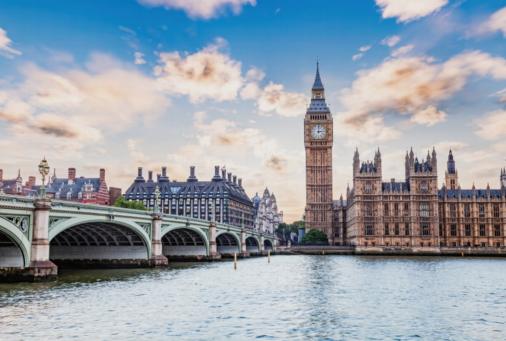Martial arts have long been a popular form of physical and mental training in the United Kingdom. With a rich history of both traditional and modern dojos spread across the country, there are endless opportunities for individuals to explore this ancient practice. In London, in particular, there is a wide array of classes and training facilities available for those interested in martial arts. From empowering women through self-defense techniques to embracing cultural diversity within the martial arts community, the UK offers a vibrant and diverse landscape for martial arts enthusiasts.

Traditional vs. Modern Martial Arts Dojos in the UK
Traditional vs. Modern Martial Arts Dojos in the UK
Martial arts have long been a popular form of physical and mental training in the UK, with a wide range of traditional and modern dojos offering classes to enthusiasts of all ages and abilities. Traditional martial arts dojos typically focus on ancient techniques and philosophies passed down through generations, while modern dojos may incorporate newer practices and training methods to cater to a contemporary audience. Both types of dojos offer unique benefits and challenges for practitioners, making it important for individuals to carefully consider their goals and interests when choosing a martial arts class.
How to Choose the Right Martial Arts Class in London
When choosing the right martial arts class in London, there are several factors to consider. Firstly, you should research the different styles of martial arts that are available in the area and determine which one aligns best with your goals and interests. It is also important to consider the reputation and qualifications of the instructors at the dojo, as well as the class schedule and location. Additionally, you may want to visit the dojo in person to observe a class and see if the atmosphere and teaching style are conducive to your learning. By taking these factors into account, you can ensure that you find the right martial arts class in London for your individual needs and preferences.
Female Empowerment Through Martial Arts Training
Martial arts training has long been seen as a male-dominated activity, with women often being overlooked or underestimated in the martial arts world. However, in recent years, there has been a growing movement towards female empowerment through martial arts training.
Women who participate in martial arts classes are not only learning self-defense techniques, but they are also gaining confidence, discipline, and self-esteem. Martial arts training requires dedication, perseverance, and hard work, qualities that can greatly benefit women in all areas of their lives.
Through martial arts, women are able to challenge societal norms and expectations, breaking free from the idea that they are weak or inferior to men. They are able to show strength, resilience, and skill, proving that they are just as capable as their male counterparts.
In addition to physical strength, martial arts training also helps women develop mental strength and emotional resilience. The discipline and focus required in martial arts can help women overcome challenges and obstacles in their personal and professional lives.
Furthermore, martial arts classes provide a supportive and inclusive environment for women to train and excel in. Female instructors serve as role models and mentors, inspiring other women to push themselves and reach their full potential.
Overall, female empowerment through martial arts training is a powerful and transformative experience. Women who participate in martial arts classes are able to break stereotypes, gain confidence, and achieve personal growth, making them strong, empowered, and unstoppable.
The Influence of Cultural Diversity on Martial Arts in the UK
With a wide range of martial arts disciplines originating from countries such as China, Japan, Korea, Brazil and Thailand, practitioners in the UK have access to a rich tapestry of techniques, traditions and philosophies. This cultural diversity has not only enriched the martial arts scene in the UK, but has also fostered a sense of understanding and appreciation for different cultures.
One of the most notable influences of cultural diversity on martial arts in the UK is the popularity of Brazilian Jiu-Jitsu. Originating from Brazil, this grappling art has gained a strong following in the UK, with many schools and academies offering classes and training sessions. The rise of Brazilian Jiu-Jitsu in the UK has not only introduced practitioners to a new and effective martial art, but has also fostered cross-cultural interactions and exchanges between the UK and Brazil.
Similarly, the practice of Taekwondo, a Korean martial art known for its dynamic kicks and strikes, has also made a significant impact on the martial arts community in the UK. With a strong emphasis on discipline, respect and hard work, Taekwondo has attracted practitioners from various cultural backgrounds and has helped promote a sense of unity and camaraderie among its participants.
In addition to Brazilian Jiu-Jitsu and Taekwondo, other martial arts disciplines such as Karate, Muay Thai and Kung Fu have also played a role in shaping the martial arts landscape in the UK. Each of these martial arts brings with it a unique set of techniques, training methods and cultural practices, contributing to the diversity and richness of the martial arts community in the UK.
Overall, the influence of cultural diversity on martial arts in the UK has been a positive and enriching one. By embracing and celebrating the various martial arts traditions from around the world, practitioners in the UK have not only expanded their knowledge and skills, but have also fostered greater cultural understanding and appreciation within the martial arts community.
